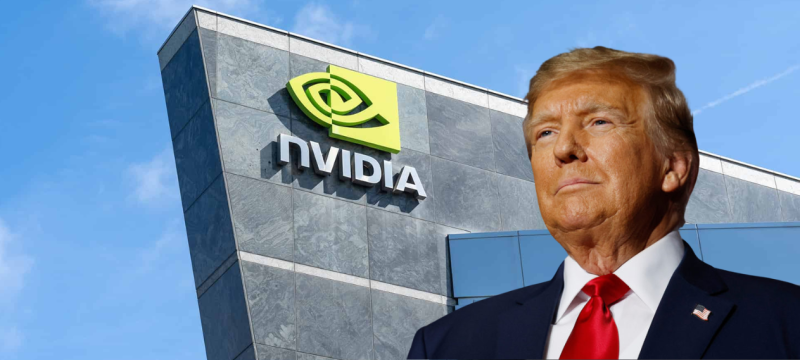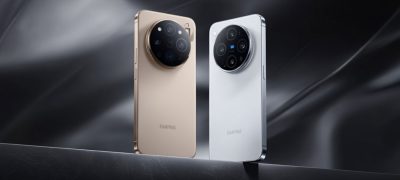U.S. President Donald Trump has intensified the technology standoff between the United States and China, signing a sweeping executive order that bars Nvidia from selling its most advanced AI chips to Chinese companies. The move marks a significant escalation in the global tech war and places billions of dollars in Nvidia’s revenue at risk.
Nvidia Banned from Exporting Key AI Chips
The new restrictions specifically target Nvidia’s A100 and H100 GPUs—high-performance chips essential for training cutting-edge AI models and powering supercomputers. These chips are widely used in sectors ranging from cloud computing to autonomous vehicles and defense technologies.
Also Read: Trump Hints at Easing China Tariffs; TikTok Deal Remains Stalled
President Trump said the measure is designed to “safeguard American innovation and prevent advanced AI technologies from enhancing China’s military and surveillance capabilities.”
Effective immediately, the order prohibits the export of these chips and related technologies to Chinese buyers, including state-linked firms and AI research institutions.
Nvidia Faces Mounting Pressure
The ban delivers a serious blow to Nvidia, which derives nearly a quarter of its data center revenue from the Chinese market. Shares in the chipmaker dipped sharply in early trading, as analysts warned of long-term revenue disruption and increased geopolitical risk.
Nvidia CEO Jensen Huang is currently in Beijing, where he is holding high-level meetings with Chinese tech executives and officials in a last-ditch effort to preserve critical business ties.
The company now finds itself in an increasingly untenable position—caught between U.S. government demands and Chinese market reliance.
End of AI Neutrality?
The latest sanctions highlight a growing reality: the era of AI neutrality is ending. For years, companies like Nvidia have operated in both the U.S. and China, supplying hardware that powers global innovation. But rising geopolitical tensions and national security concerns are forcing tech firms to reconsider their global strategies.
Industry observers say the executive order could signal a shift toward full technological decoupling, where companies are required to align their business interests with national policy.
“This isn’t just a trade issue—it’s a strategic shift,” said Daniel Kim, a tech policy analyst at StratTech Group. “The U.S. is drawing red lines around AI, and Nvidia is now on the front line.”
Beijing Expected to Respond
China is expected to retaliate with its own countermeasures. Possible options include restricting exports of rare earth materials critical to chip manufacturing, increasing regulatory pressure on American firms, or accelerating funding for domestic semiconductor development.
Chinese tech companies such as Huawei, Alibaba, and Baidu have already begun investing heavily in homegrown AI chips, anticipating ongoing U.S. restrictions.
The Global AI Race Reaches a Turning Point
President Trump’s move is part of a broader strategy to maintain U.S. dominance in artificial intelligence and advanced semiconductor technologies. But it also signals to the tech industry that access to global markets may no longer be guaranteed.
For Nvidia, the decision marks a critical juncture: adapt to a world of divided markets—or risk losing influence on both sides.
As the global AI race accelerates, one thing is clear: technology is no longer neutral. It is political, strategic, and deeply tied to the balance of global power.









